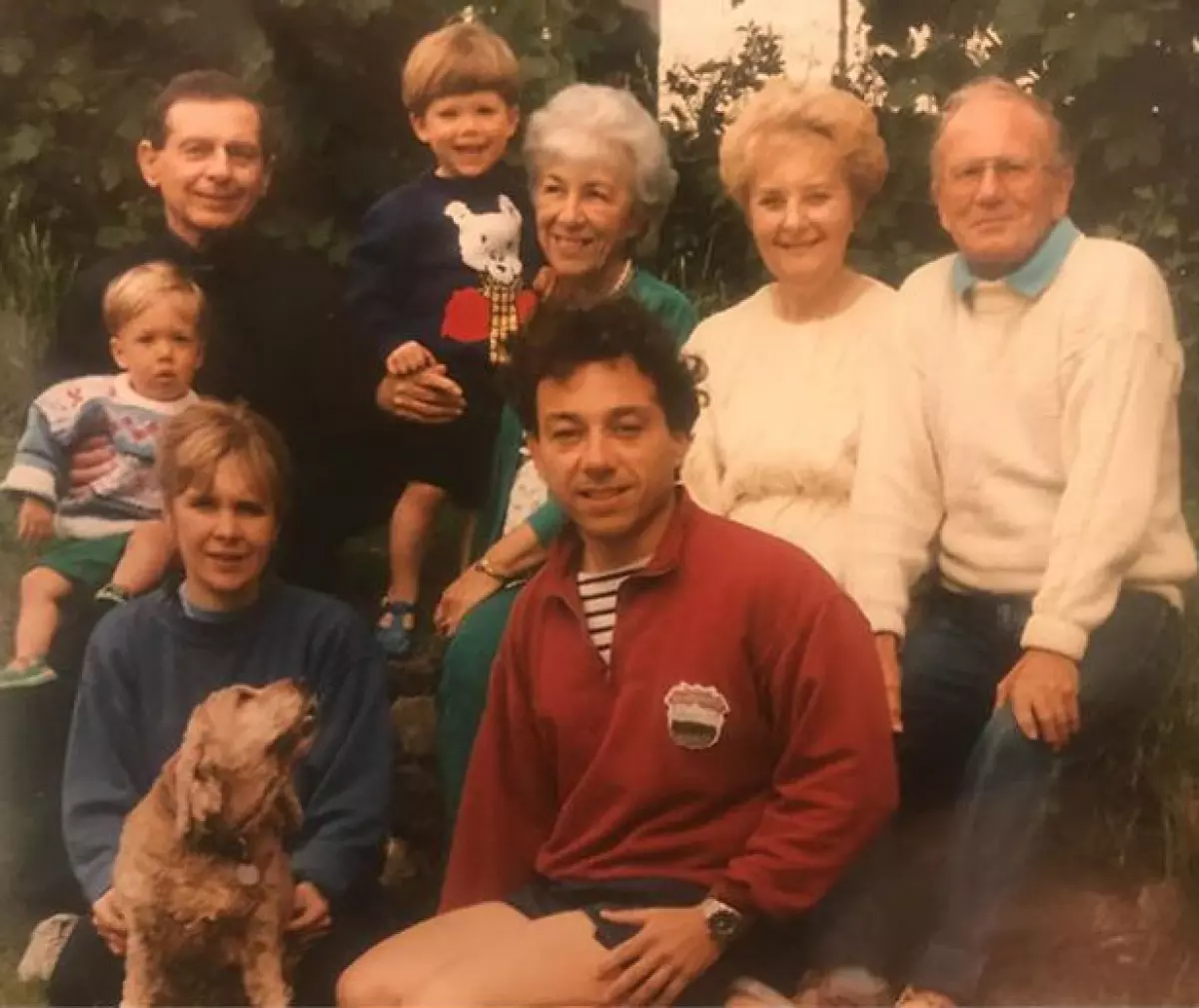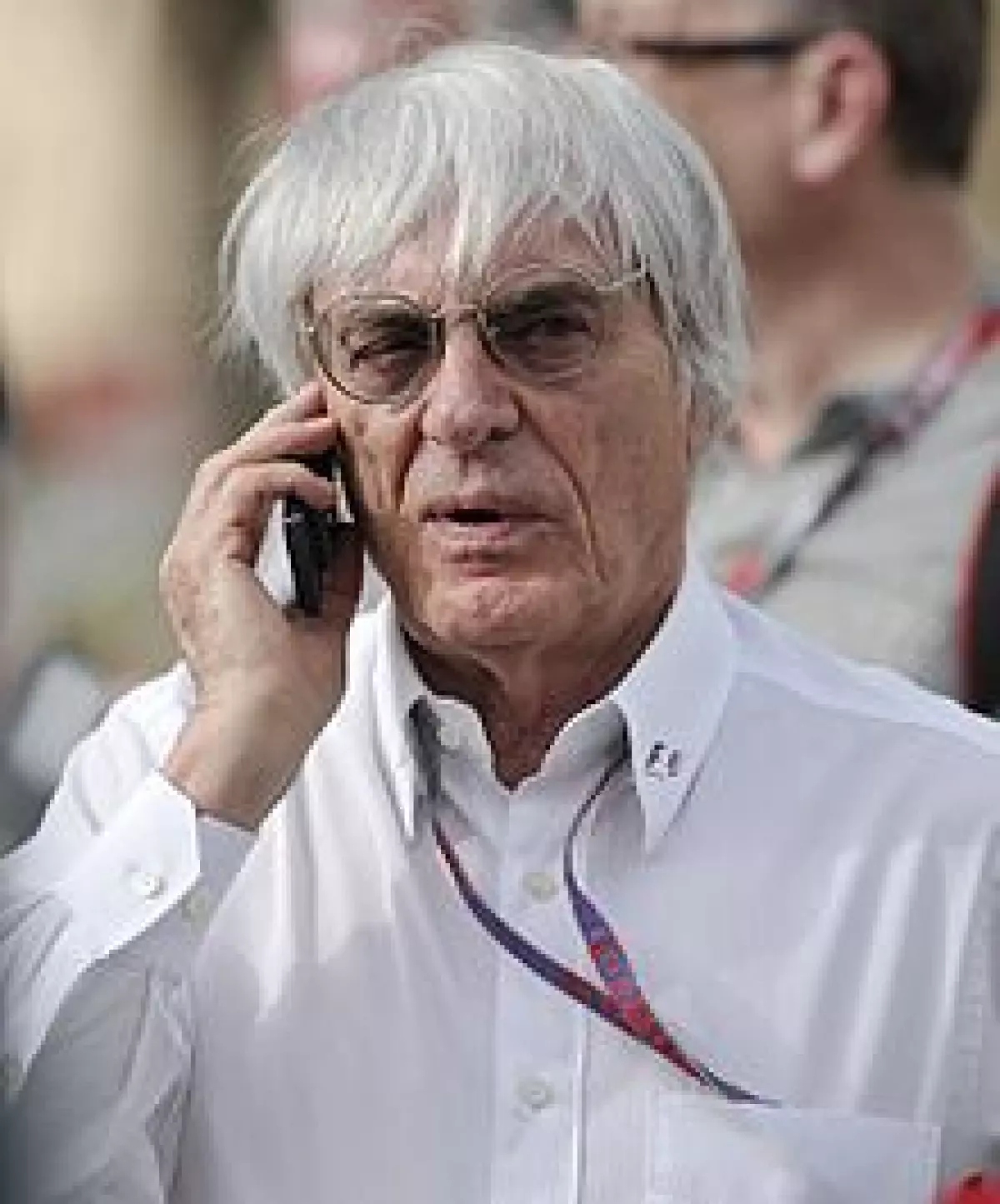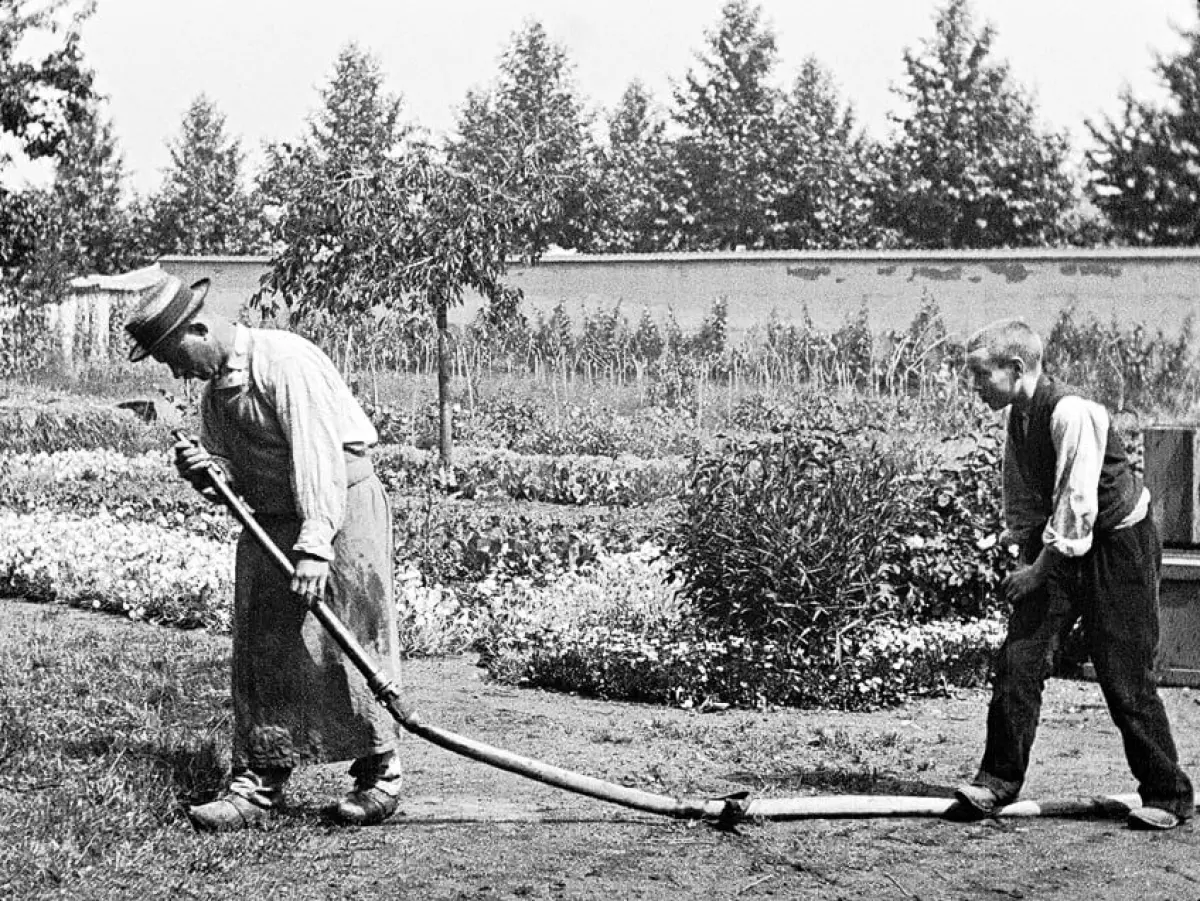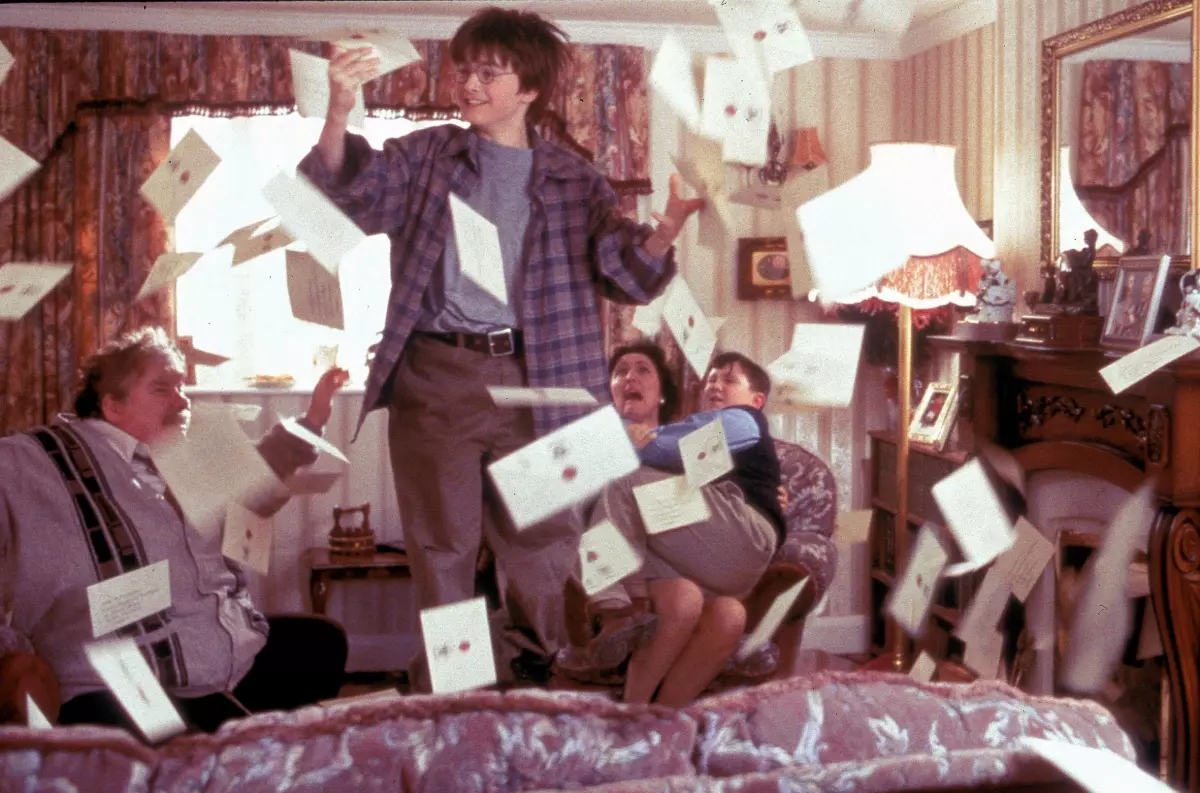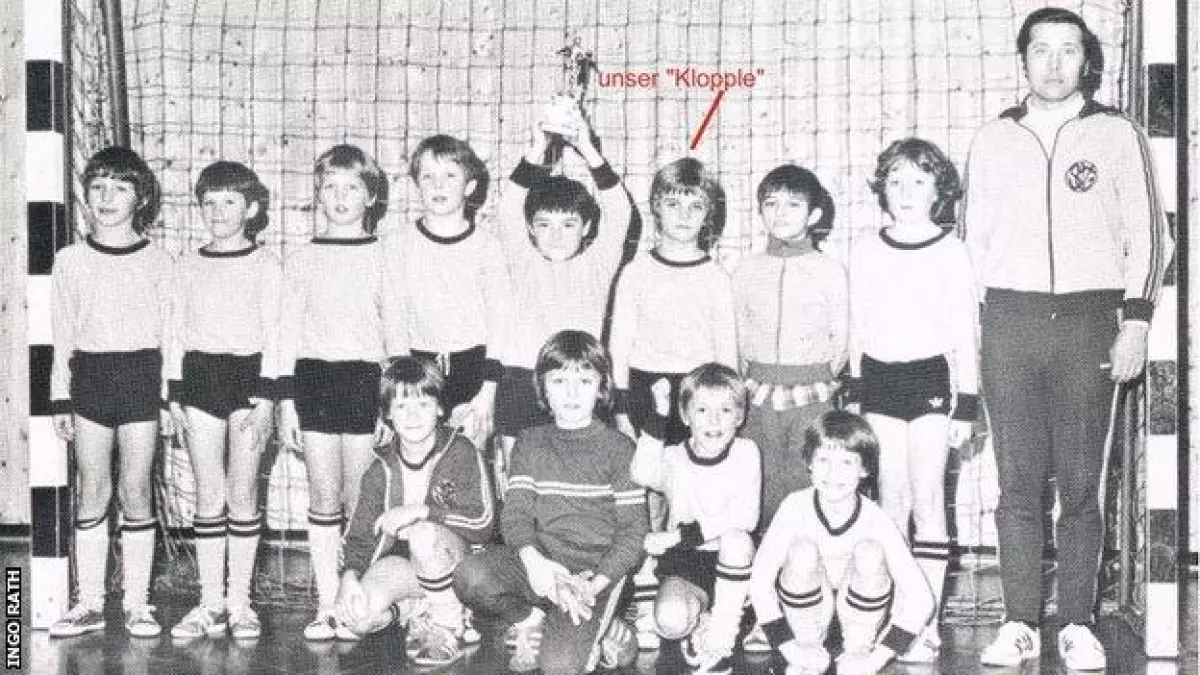
Jens Haas still vividly remembers the day he realized his schoolmate Jurgen Klopp had the mind of a football manager. They were watching a Stuttgart game when Klopp began analyzing the team's tactics and suggesting substitutions. To their surprise, moments later, the commentator confirmed Klopp's suggestions were being made. "I was amazed by his knowledge and understanding of the game," Haas recalls. "Sometimes I thought he was already a coach."
Klopp's journey from the small Black Forest village of Glatten to becoming the legendary manager of Liverpool offers insight into how he became the ultimate modern football manager. From his days at Mainz, where he took the club into the Bundesliga for the first time, to his triumphs at Dortmund, toppling Bayern Munich, Klopp has become an iconic figure at Anfield, leading Liverpool to a sixth European Cup and a march towards their 19th league title.
Known for his emotional investment in the game, Klopp effortlessly connects with players, fans, executives, and journalists alike. His smiling face, animated gestures, and bear hugs epitomize the clubs he represents, where fans demand an emotional connection with the man in control of their dreams.
But it all started in Glatten, an idyllic Black Forest village that shaped Klopp's character and values. The quiet and solid people of the Black Forest, who judge individuals based on their actions, provided Klopp with a nurturing environment. He had the freedom to focus on his passion and develop himself as a footballer.
Klopp's father, Norbert, a travelling salesman and former amateur goalkeeper, played a significant role in his upbringing. He instilled in Klopp his eloquence, enthusiasm, and vigor. Klopp inherited his father's relentless energy and passion for the game, but he also found solace and strength in the loving presence of his mother.
As a young player, Klopp captained SV Glatten's youth teams until he moved to a bigger team, TuS Ergenzingen, in his late teens. Playing amidst the hills of Swabia, Klopp experienced a sense of freedom far from the intensity and industry of bigger cities. This laid-back upbringing shaped his personality and formed the foundation of his leadership qualities.
Ulrich Rath, Klopp's first coach, describes him as a "bad loser" but a "natural leader." Klopp's determination and ability to speak up when things were not right endeared him to his teammates. The pitch where Klopp played, with tall pine trees on one side and a stream on the other, holds countless memories of his formative years.
After leaving Glatten, Klopp played for several amateur clubs while pursuing a degree in sports science at the university in Frankfurt. At the age of 23, he signed a semi-professional contract with second division team Mainz 05, where his talents as a defender flourished under the guidance of influential coach Wolfgang Frank. However, it was when Klopp was unexpectedly appointed as Mainz's manager that his true strengths shone through.
Mainz were facing relegation to the third tier of German football when president Harald Strutz took a bold step and appointed Klopp as manager in 2001. This decision sparked a resurgence in the team's performance, and they won six of their first seven games under Klopp's leadership, narrowly avoiding relegation. The charismatic Klopp galvanized the club and the city, leading Mainz to their first-ever promotion to the Bundesliga.
Klopp's tactical acumen and infectious charm caught the attention of Hans-Joachim Watzke, the CEO of Borussia Dortmund. Watzke was impressed by Klopp's spirited approach to the game, and the two formed a lasting friendship. Klopp joined Dortmund in 2008 and transformed the struggling team into a force to be reckoned with. They won the Bundesliga title in 2011 and achieved the league and cup double in 2012.
Klopp's impact was not limited to the pitch. He became a cultural phenomenon in Germany, captivating the nation with his expertise, analysis, and charming personality during the 2006 World Cup. Dortmund's supporters embraced Klopp's style of football, and the whole city rallied behind him. He became one of the most famous men in Germany, yet remained humble and down-to-earth.
Klopp's talents extend beyond football. He possesses remarkable marketing skills, personally calling sponsors to ensure their continued support. Klopp's ability to give Borussia Dortmund an identity and a human face made him a perfect fit for the emotional club. His infectious personality endeared him to fans, players, and sponsors alike.
Today, Jurgen Klopp continues to inspire hope and power not only at Liverpool Football Club but also in the city of Liverpool. His extraordinary journey, from the Black Forest to heroic status at Anfield, is a testament to his enduring passion, unwavering leadership, and emotional connection with the game and its people.
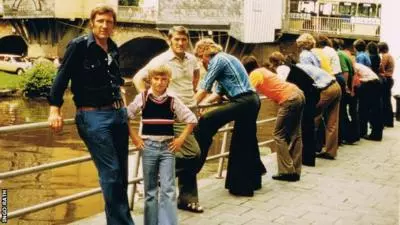 A young Klopp poses for a photo with his father Norbert
A young Klopp poses for a photo with his father Norbert
 Klopp challenges for the ball playing for Mainz against St Pauli in October 1999
Klopp challenges for the ball playing for Mainz against St Pauli in October 1999
 Klopp left Dortmund in May 2015. He won two league titles, one German Cup, and reached the Champions League final in 2013
Klopp left Dortmund in May 2015. He won two league titles, one German Cup, and reached the Champions League final in 2013
*(Image credits: Vietnamese newspaper Tiền Phong)








